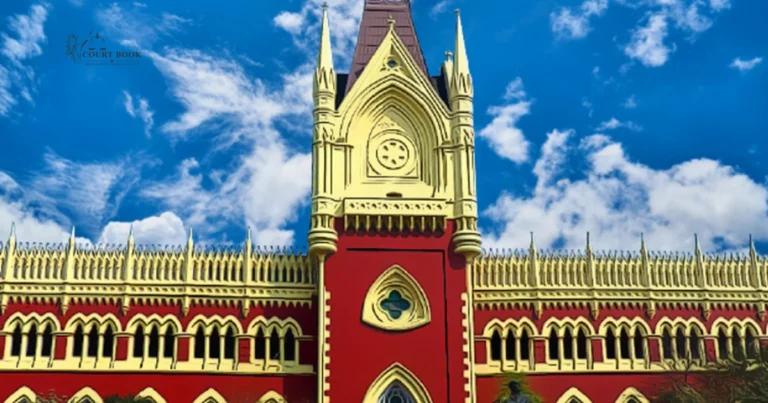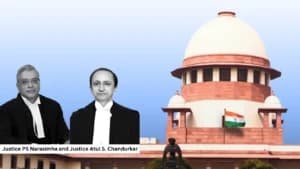The Calcutta High Court recently ruled on a significant case involving an employee’s right to gratuity. The case revolved around Alam Ismail, who had worked as a 'badli' worker for over 37 years under Hooghly Infrastructure Pvt. Ltd. His employment spanned from 1978 until his retirement in 2015. His provident fund membership started in 1981, further supporting his long-term employment.
Upon retirement, Ismail applied for gratuity before the Controlling Authority. However, the employer contested his claim, arguing that he had not worked for 240 days per year for five years, a requirement under the Payment of Gratuity Act. The employer maintained that he was not eligible for gratuity due to the irregular nature of his employment.
Despite these objections, the Controlling Authority ruled in Ismail’s favor and directed the employer to release the gratuity amount. Dissatisfied with the decision, the employer appealed before the Appellate Authority. The Appellate Authority dismissed the appeal and upheld the order directing payment. The employer then took the matter to the Calcutta High Court.
Read also:- Calcutta High Court Orders Police Deployment Outside Rabindra Bharati University Amid Protests
Arguments by Both Parties
Employer’s Argument: The employer, represented by counsel Mr. S.K. Singh, argued that Ismail was a temporary worker, substituting for absent employees rather than holding a permanent position. He contended that Ismail failed to prove continuous employment of 240 days per year for five years. The employer further asserted that badli workers do not qualify for gratuity under the Payment of Gratuity Act unless they meet specific statutory requirements.
Employee’s Argument: On the other hand, Ismail’s counsel, Mr. Uddipan Banerjee, argued that the employee had served for 37 years without interruption. He pointed out that the employer had failed to present employment records that could disprove Ismail’s claim. He further emphasized that under the Payment of Gratuity Act, even a badli worker qualifies as an employee if he has worked for 240 days in a given year. He contended that withholding crucial employment records should lead to an adverse inference against the employer.
The High Court examined the case in detail and made the following key observations:
- Long Service Tenure Not in Dispute: The court acknowledged that Ismail had worked for 37 years. There was no contention regarding his joining date, retirement date, or last drawn wages. The only dispute was whether he met the eligibility criteria for gratuity under the Payment of Gratuity Act.
- Burden of Proof Lies on the Employer: The court ruled that the onus to prove non-eligibility was on the employer, not the employee. The court referred to Union of India v. Ibrahim Uddin (2012 INSC 288) and held that when an employer fails to present essential employment records, an adverse inference must be drawn against them."Where an employer fails to produce employment records, an adverse inference must be drawn against him."
- Statutory Obligation to Maintain Records: The court emphasized that under Section 25D of the Industrial Disputes Act, employers are statutorily required to maintain attendance registers. Since the employer failed to present these records, it strengthened Ismail’s claim.
Read also:- Calcutta High Court Directs Jadavpur University to Remove Outsiders, Strengthen Security Measures
- Reliance on Precedent Case: Referring to Sriram Industrial Enterprises Ltd. v. Mahak Singh (Supreme Court, SLPs (C) Nos. 16456-60 of 2005), the court reiterated that when an employer withholds best evidence, it allows the court to draw an adverse inference in favor of the employee.
- Submission of Supporting Documents by Employee: Ismail had produced his ESI card and wage slip as proof of employment. The employer’s inability to counter this evidence with employment records further weakened their case.
- Interpretation of Beneficial Legislation: The court ruled that beneficial legislations like the Payment of Gratuity Act should always be interpreted in favor of employees. It emphasized that an employee who has worked for 37 years should not be denied retirement benefits due to an employer’s failure to maintain records."A worker who has provided service for 37 years is entitled to retiral benefits without unnecessary obstruction."
Decided on: March 18, 2025
Case No.: WPA 28770 of 2024
Parties: Hooghly Infrastructure Pvt. Ltd. v. Sk. Alam Ismail & Ors.
Counsel for the Petitioner: Mr. S.K. Singh, Mr. R.K. Dubey
Counsel for the Respondent: Mr. Uddipan Banerjee, Mr. Subhra Kanti Samanta
Counsel for the State: Mr. Srinath Singha Roy
For the Sr. Govt. Adv.: Mr. Soumitra Bandyopadhyay














